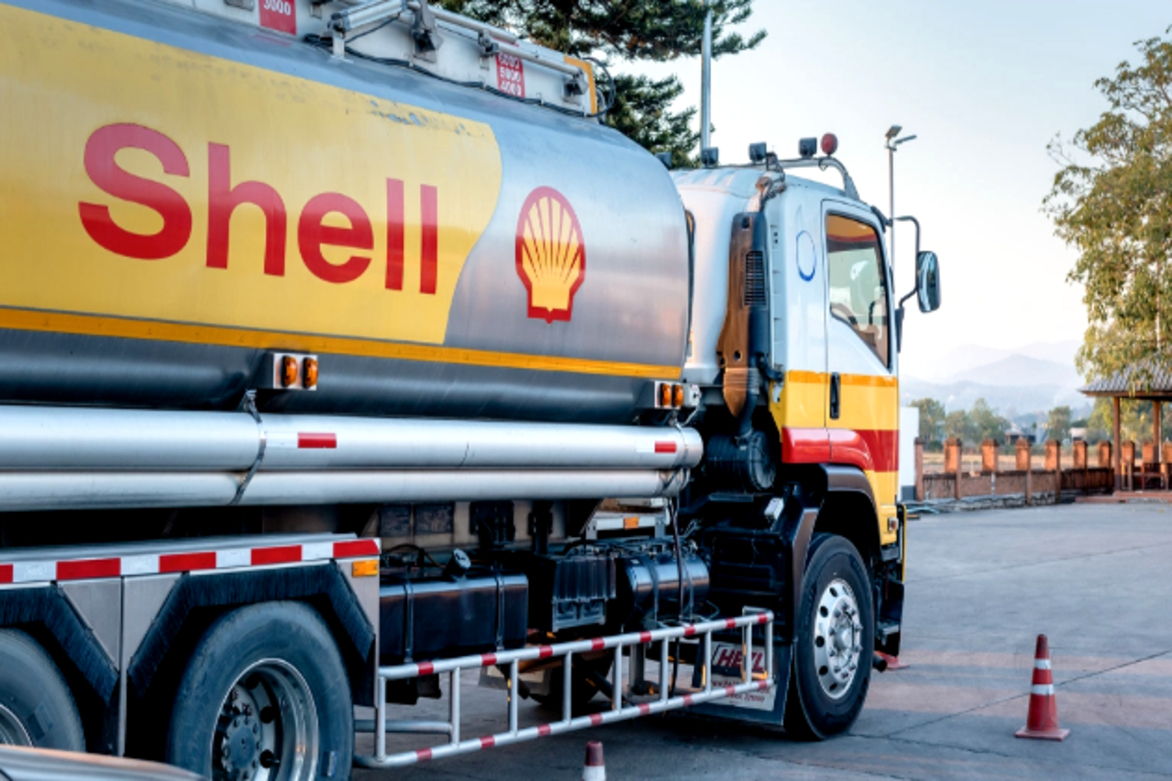Shell maintains $3.5 billion buyback plan amid lower oil prices
Robert Besser
07 May 2025

LONDON, U.K.: Shell reported a better-than-expected first-quarter profit of US$5.58 billion on May 2, down 28 percent from a year earlier but ahead of analyst forecasts, as the energy giant stuck with its $3.5 billion share buyback plan despite weaker oil prices and refining margins.
That decision contrasts with rival BP, which has scaled back its buybacks to shore up its balance sheet and regain investor confidence.
"The main (opportunity) for me is, at the moment, the ability to buy back my shares," Shell finance chief Sinead Gorman said during a call.
Shell confirmed it would buy back $3.5 billion worth of shares over the next three months—its 14th consecutive quarter of buybacks of at least $3 billion.
The company's gearing ratio—its measure of debt relative to equity—stood at 18.7 percent, well below BP's 25.7 percent. Over the past year, Shell's stock has fallen 13 percent, while BP's has dropped by a third.
When asked by the Financial Times about a potential takeover of BP, Shell CEO Wael Sawan said he would prefer to continue buying back Shell stock. A Shell spokesperson later confirmed the comment.
Shell's adjusted earnings—its preferred metric for net profit—topped an average forecast of $4.96 billion in a company-provided analyst poll, though down from $7.73 billion in the same quarter last year.
By 1218 GMT, Shell's shares were up 2.2 percent, outperforming a broader energy index that rose 0.9 percent.
Shell's indicative refining margin rose to $6.2 per barrel, up from $5.5 at the end of 2023 but down sharply from $12 a year earlier. Brent crude averaged $75 per barrel in the quarter, compared to $87 a year ago. On May 2, Brent was trading near $62.
With a dividend breakeven of $40 a barrel, Shell has pledged to maintain buybacks even if oil prices dip to $50.
In a March strategy update, the company said it would increase shareholder returns, scale back investment through 2028, and consider the future of its chemicals division. This week, Gorman said Shell had until the end of the decade to make any decisions about closing or selling those assets.
Shell reiterated its reduced full-year investment target of $20 billion to $22 billion.
Its gas trading business remained stable compared to the prior quarter, even as some hedging contracts expired—a performance that outshone BP, which cited weaker gas trading as a drag on its results.
"We were able to sort of route several cargos to more profitable destinations. And I think we were just on the right side of it. Our traders in LNG are doing a superb job," Gorman said.
